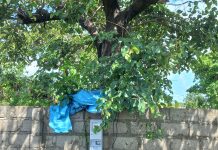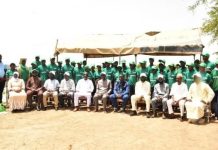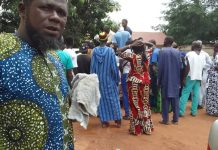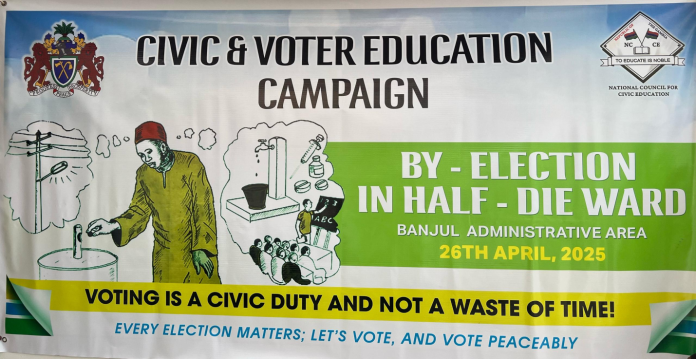By Mariama Marong
With just days left to the April 26th by-election in Banjul’s Half-Die Ward, the National Council for Civic Education (NCCE) has stepped up its efforts to sensitize voters on the significance of their participation in the democratic process.
In a town hall meeting held on Wednesday, April 16, the Council brought together residents of the ward to deepen their understanding of voting, electoral procedures, and political tolerance. The gathering, attended by dozens of eligible voters, formed part of the NCCE’s broader mandate to promote civic awareness and bolster democratic participation.
Miss Mariama S. Gaye, Civic Education Officer at NCCE, described the forum as a timely intervention to foster informed voting and active citizenship.
“This meeting is to ensure that voters are not just aware of the by-election, but fully understand their role and responsibility in upholding democracy,” she said. “It is through elections that people’s power is delegated to representatives of their choice. Voting is not just a right—it is a civic duty.”
Gaye emphasized the critical role of elections in any democracy, calling them the “lifeblood” of democratic governance.
“Through the ballot, citizens choose leaders who reflect their values and priorities. It’s a time for the people to decide which individuals or political parties they trust to deliver on their expectations,” she stated.
Speaking on the constitutional foundation of by-elections, Mr. Philip A. Gomez, also a Civic Education Officer, explained the legal framework underpinning such votes.
“By-elections are mandated by Section 84 of the Elections Act. They are conducted when a seat becomes vacant in the National Assembly or Local Government Councils—whether due to resignation, death, incapacity, or other lawful reasons,” he said.
Gomez used the platform to call for political tolerance in the lead-up to the by-election, urging voters to embrace diverse opinions and political choices. “Tolerance—whether social, economic, or political—creates an environment of peace. It is about respecting differences and learning to agree to disagree without resorting to insults, threats, or violence,” he cautioned.
He further referenced the 1997 Constitution, noting its call for a society founded on principles of “freedom, equality, justice, tolerance, probity, and accountability.” Gomez reminded voters that democracy is not only about voting but also about peaceful coexistence.
Participants at the meeting expressed appreciation for the NCCE’s initiative. Many said the session reminded them of the importance of understanding the electoral code and upholding campaign ethics.
“We needed this,” said one voter. “It reminds us not only of our rights but also of our responsibilities.”






















